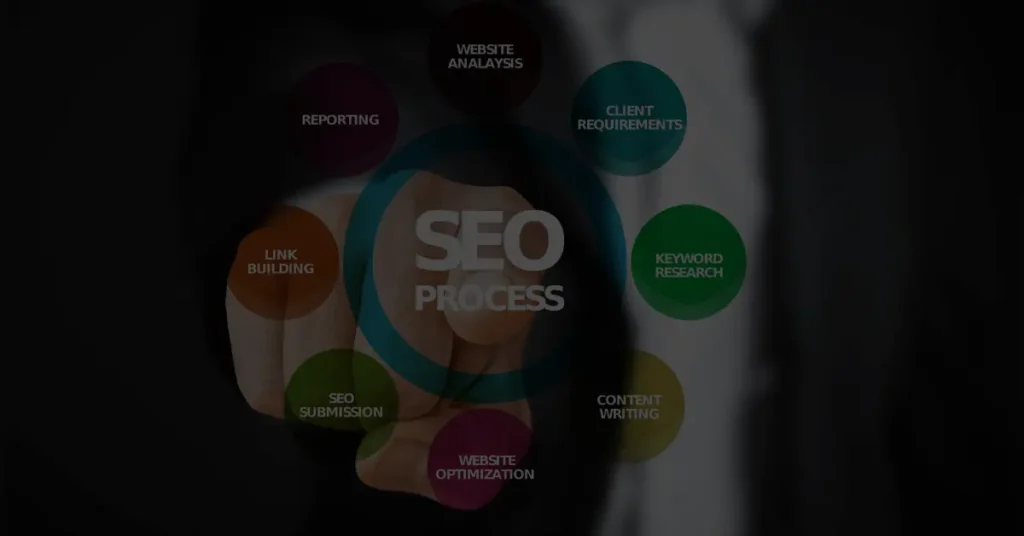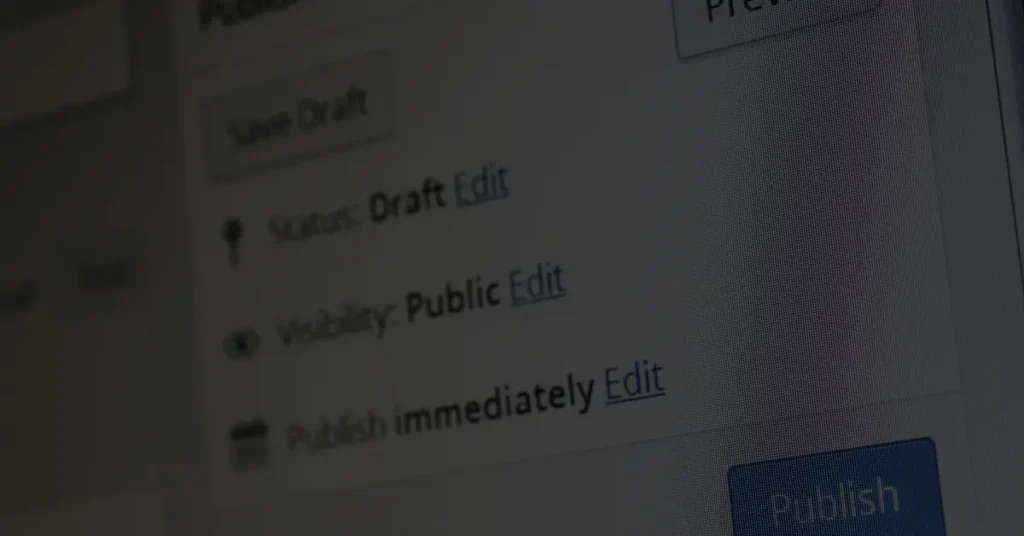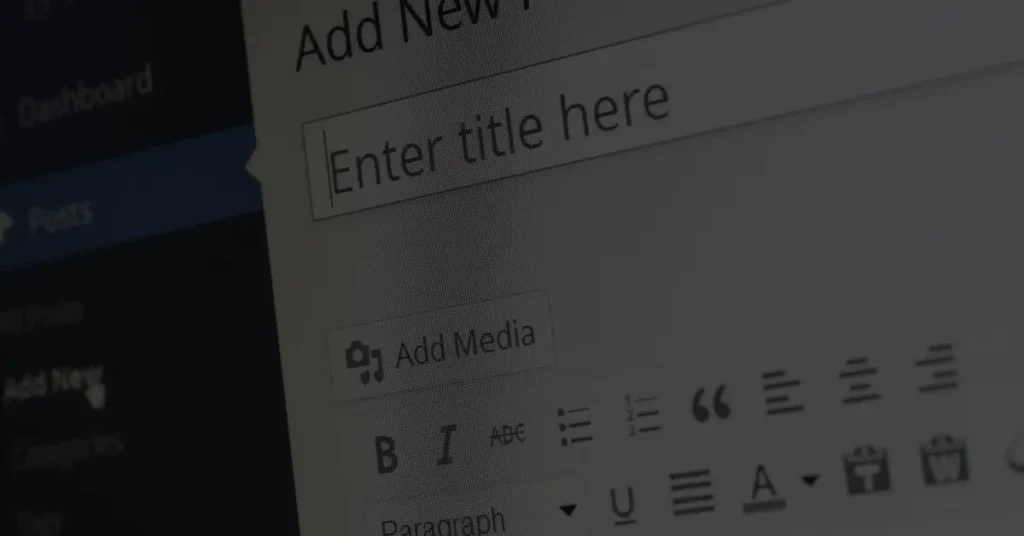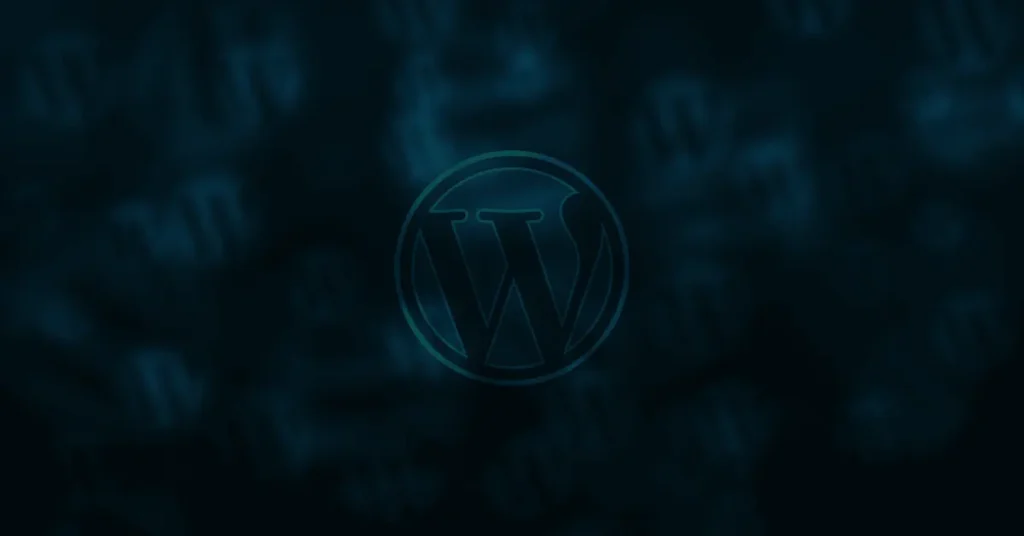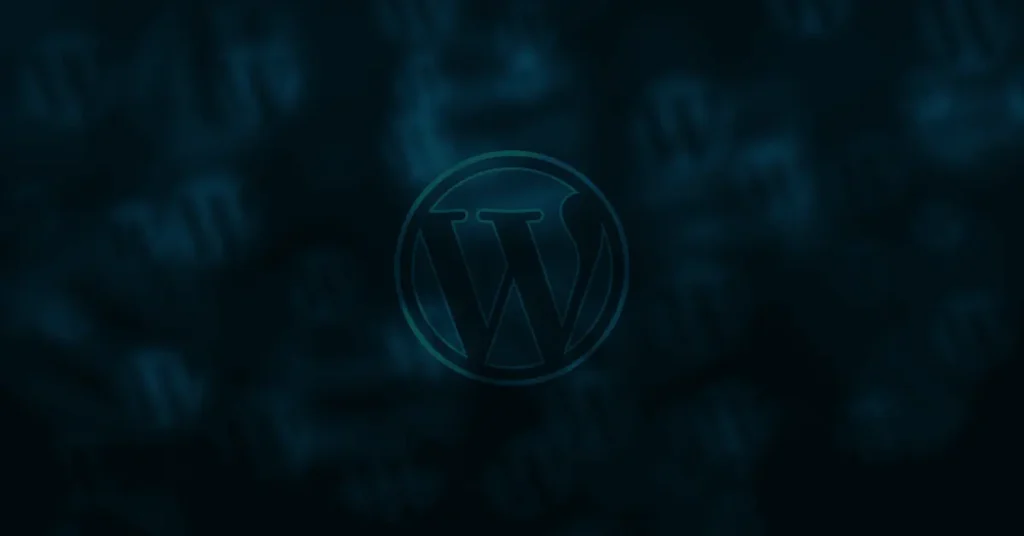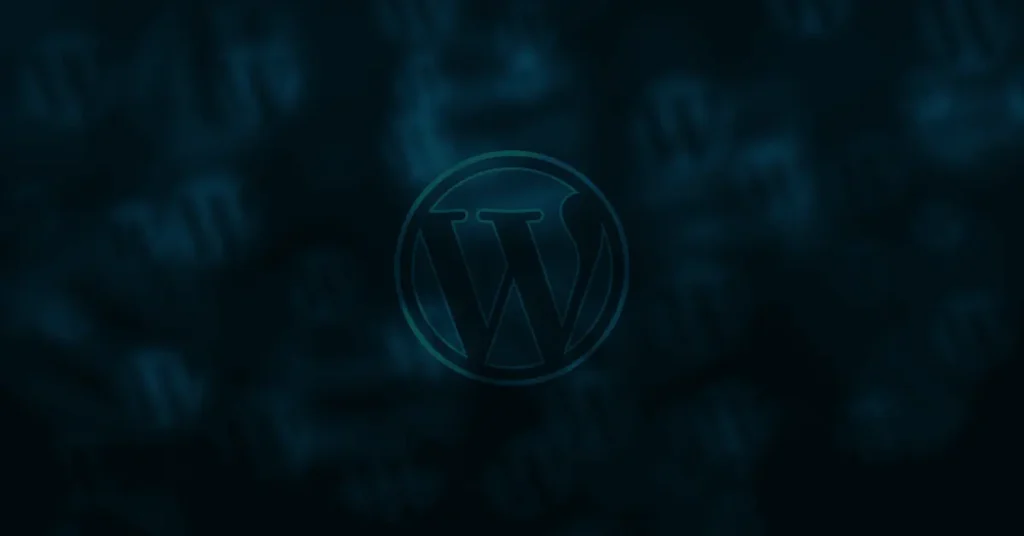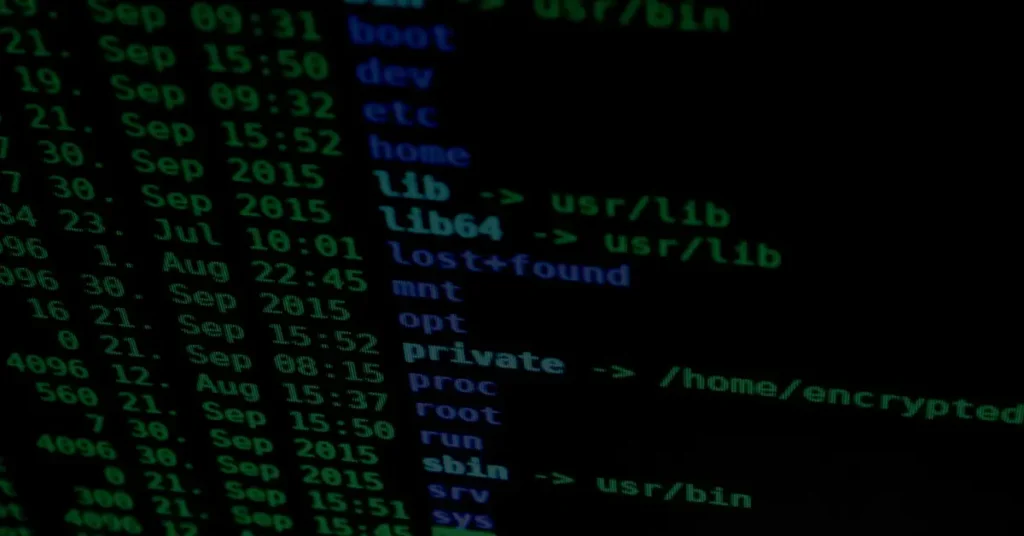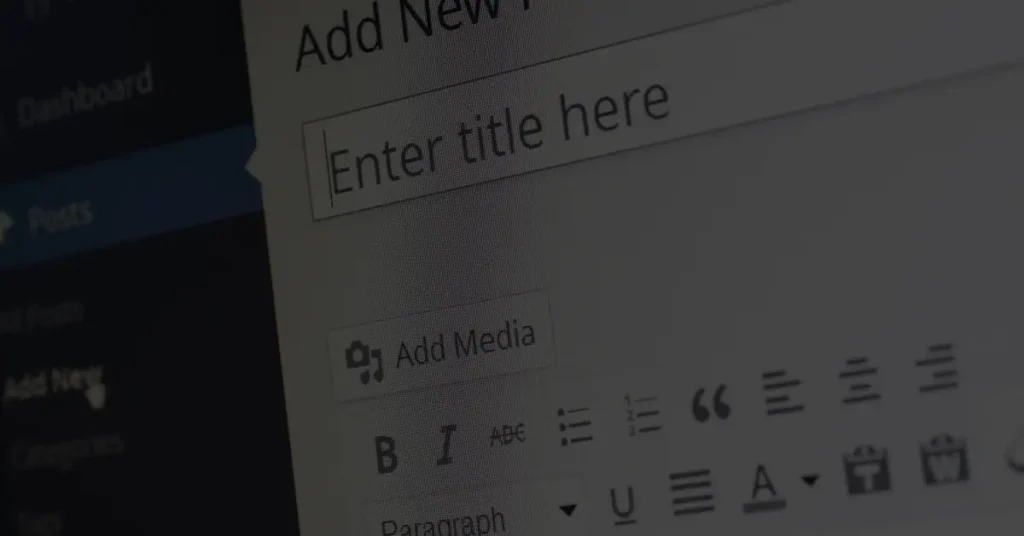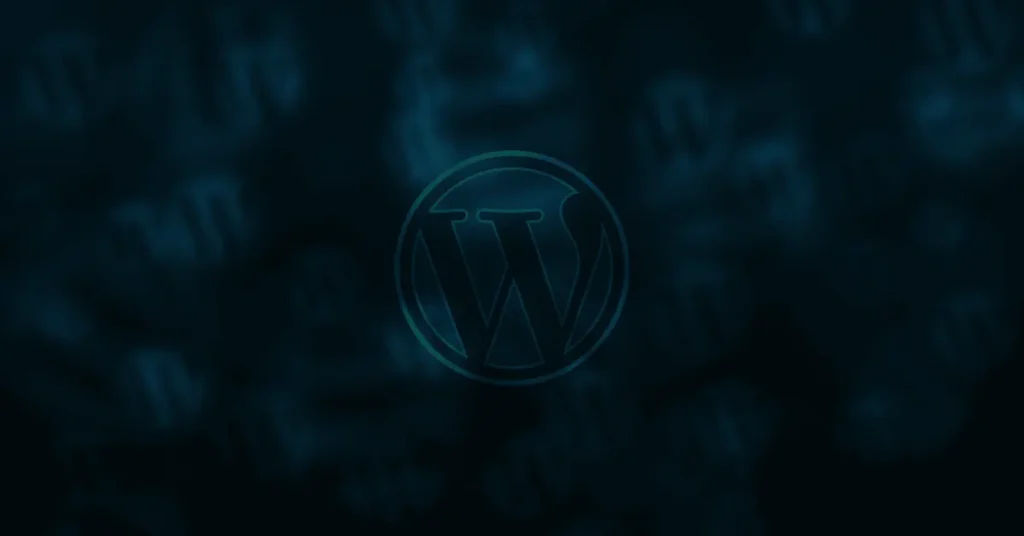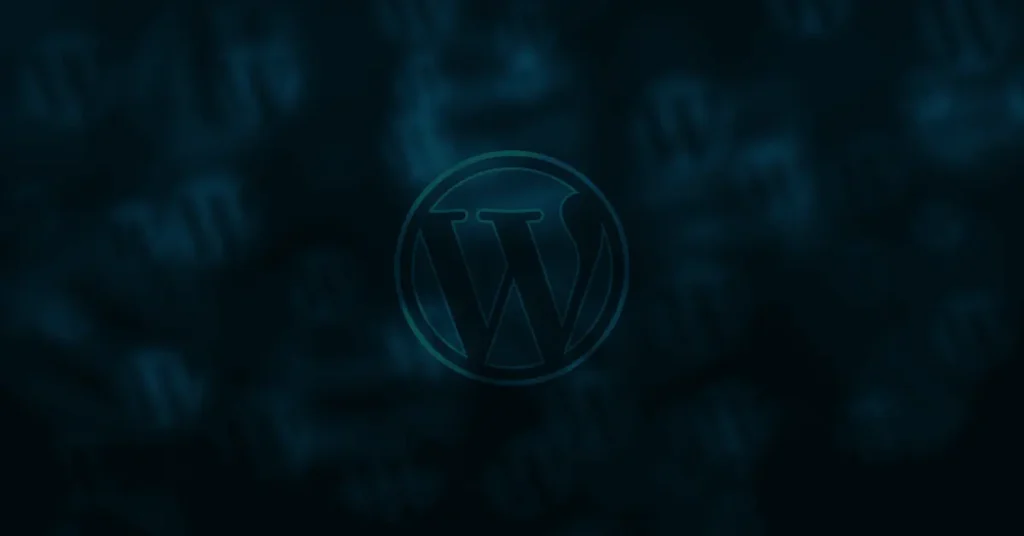How to secure your WordPress website from SQL injection attacks?

The security of your WordPress website is of paramount importance in today’s digital landscape. As the popularity of WordPress continues to grow, so does the risk of cyberattacks. One particularly devastating type of attack is known as SQL injection. In this article, we will explore what SQL injection attacks are, why they pose a threat to your website, and most importantly, how you can secure your WordPress website from such attacks.
Introduction
In the vast world of web development, WordPress has emerged as a leading content management system (CMS) empowering millions of websites. Its ease of use, extensive plugin ecosystem, and vibrant community make it an attractive choice for individuals and businesses alike. However, with popularity comes the attention of hackers seeking to exploit vulnerabilities.
Understanding SQL Injection Attacks
Definition of SQL Injection Attacks
SQL injection is a type of security vulnerability that occurs when an attacker injects malicious SQL code into a query, manipulating the database backend. This code injection can enable unauthorized access, data theft, or even the complete takeover of your website.
How SQL Injection Attacks Work
SQL injection attacks take advantage of poorly sanitized user inputs. When a website fails to properly validate and sanitize user inputs, attackers can use crafted inputs to execute arbitrary SQL statements. These statements can modify, delete, or extract sensitive data from your database.
The Importance of Securing Your WordPress Website
Common Vulnerabilities in WordPress
While WordPress itself is a robust and secure platform, its vulnerabilities often arise from poorly developed themes, plugins, or user practices. Weak passwords, outdated software, and lack of security awareness can create opportunities for attackers to exploit your website.
Risks Associated with SQL Injection Attacks
SQL injection attacks can have severe consequences. They can lead to the exposure of sensitive user information, such as usernames, passwords, or financial data. Furthermore, successful attacks can result in the defacement of your website, loss of data, or even damage to your reputation and business.
Best Practices to Secure Your WordPress Website
To protect your WordPress website from SQL injection attacks, it is crucial to follow industry best practices for security. Here are some key steps you should take:
Keeping Your WordPress Software Up to Date
Regularly updating your WordPress core, themes, and plugins is essential. Developers often release updates to address security vulnerabilities and improve overall stability. By keeping your software up to date, you reduce the risk of exploitation.
Using Strong and Unique Passwords
Using strong and unique passwords for your WordPress admin accounts is vital. Avoid common passwords and consider using password managers to generate and store complex passwords securely.
Implementing User Privileges and Least Privilege Principle
Assigning appropriate user privileges ensures that each user has the necessary access rights without unnecessary privileges. Adhering to the least privilege principle minimizes the potential damage an attacker can cause.
Utilizing Input Validation and Parameterized Queries
Implementing input validation ensures that user inputs are properly checked and sanitized before interacting with the database. Additionally, utilizing parameterized queries can prevent SQL injection attacks by separating SQL code from user inputs.
Installing Security Plugins and Firewalls
WordPress offers a wide range of security plugins and firewalls that can provide an extra layer of protection. These plugins can help detect and mitigate potential SQL injection attacks by analyzing and filtering incoming traffic.
Regularly Backing Up Your Website
Regularly backing up your website is crucial in the event of a successful attack. It allows you to restore your website to a previous state, minimizing potential data loss and downtime.
Educating Yourself and Your Team
Staying informed about the latest security best practices is essential to protect your WordPress website. Additionally, educating your team members on security awareness ensures that everyone understands the importance of following security protocols and practices.
Monitoring and Detection
Implementing intrusion detection systems and monitoring tools can help identify suspicious activities and potential SQL injection attacks. Analyzing logs and audit trails enables you to track and investigate any unusual behavior.
Responding to an Attack
In the unfortunate event of a SQL injection attack, it is crucial to respond swiftly and effectively. Here are some immediate actions to take:
Immediate Actions to Take
- Temporarily take your website offline to prevent further damage.
- Notify your hosting provider and seek their assistance.
- Inform your users about the potential breach and advise them to change their passwords.
Identifying and Patching Vulnerabilities
Identify the root cause of the attack by analyzing your website’s code, plugins, and themes. Patch any vulnerabilities and ensure that all software components are up to date.
Cleaning Up Your Database
If your database has been compromised, it is essential to clean up any injected code or malicious data. Restoring a clean backup is often the most effective way to eliminate any remnants of the attack.
Conclusion
Securing your WordPress website from SQL injection attacks is a critical aspect of maintaining its integrity and protecting your data. By following best practices, staying informed, and implementing security measures, you can significantly reduce the risk of falling victim to such attacks.
FAQs
How common are SQL injection attacks?
SQL injection attacks are still prevalent and pose a significant threat to web applications. It is crucial to implement proper security measures to mitigate the risk.
Can security plugins completely prevent SQL injection attacks?
While security plugins provide an additional layer of protection, they cannot guarantee 100% prevention. It is essential to adopt a multi-layered security approach that combines plugins with other security best practices.
Are there any warning signs of a SQL injection attack?
Warning signs of a SQL injection attack may include unusual database errors, unauthorized access attempts, or unexpected data modifications. Regular monitoring and analysis of logs can help identify these signs.
Is it possible to recover data after a successful SQL injection attack?
If you have proper backups in place, you can recover data after a successful SQL injection attack. Regularly backing up your website ensures that you can restore it to a previous state if necessary.
Can using a web application firewall protect against SQL injection attacks?
A web application firewall (WAF) can provide protection against SQL injection attacks by inspecting and filtering incoming traffic. However, it is important to configure and update the WAF correctly to ensure its effectiveness.

